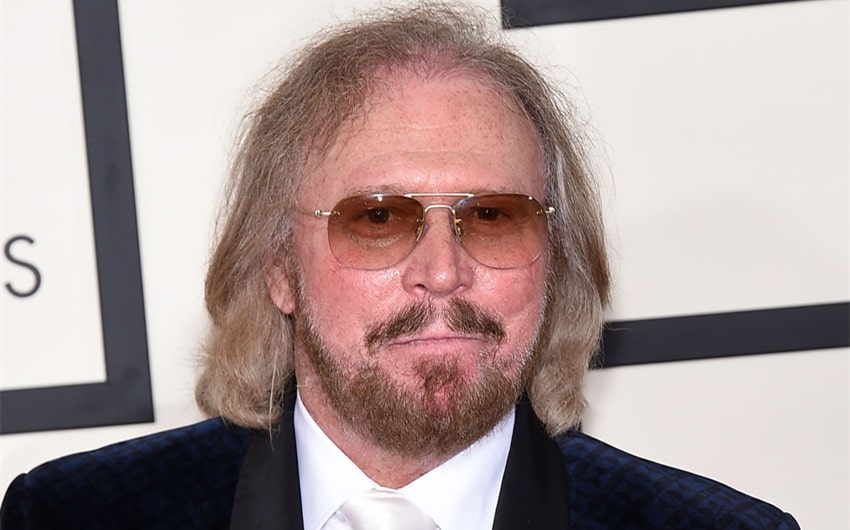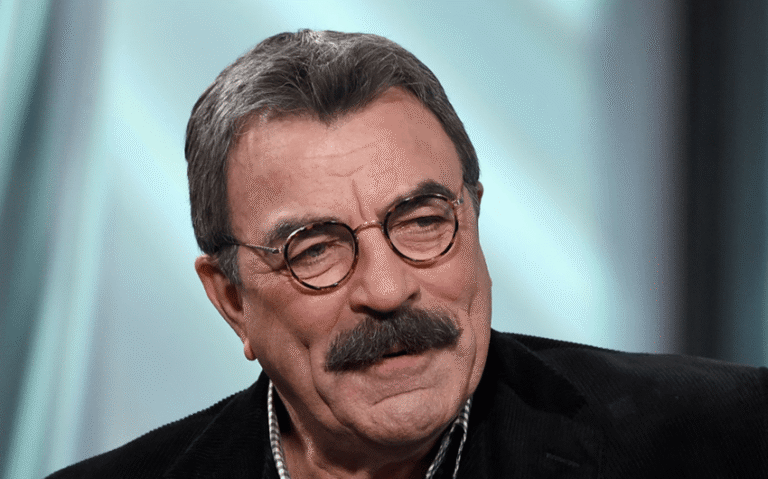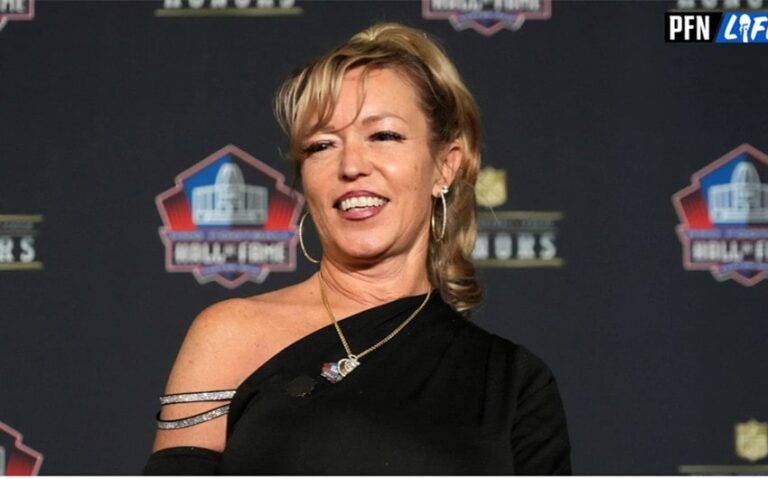Barry Gibb’s Net Worth: How a Bee Gee Built a Music Empire
When you hear about Barry Gibb’s net worth, you might first think of flashing disco balls, polyester suits, and the unmistakable falsetto that became a cultural force in the 1970s. But that’s only a fraction of the story. The truth is, Barry Gibb’s financial legacy isn’t just about Bee Gees fame—it’s about decades of songwriting brilliance, shrewd music rights decisions, and an enduring voice that shaped the DNA of pop music. You can look at his fortune as a reflection of fame, sure, but it’s better understood as the reward for building one of the most prolific and enduring careers in music history.
Who Is Barry Gibb and Why Does He Matter?
You know him as the iconic voice behind the Bee Gees, but Barry Gibb’s story starts much earlier. Born on the Isle of Man in 1946, he was raised alongside his younger brothers Robin and Maurice Gibb in a household that valued music. The three boys formed a tight trio, singing harmony-driven pop long before they became synonymous with disco. After early success in Australia, the Gibb brothers relocated to England in the 1960s, where they quickly earned chart recognition and began laying the groundwork for global superstardom.
Barry, the eldest of the siblings, wasn’t just the frontman—he was the driving creative force. His voice, particularly his falsetto, became instantly recognizable. But it’s his pen that deserves just as much attention. Barry Gibb co-wrote almost every major Bee Gees hit and continued writing for other legendary artists throughout his career. His knack for melody, paired with deeply emotional lyrics, made him one of the most valuable songwriting talents of his generation.
If you want to understand why Barry Gibb still matters today, listen to any modern artist who draws from disco, soul, or pop. You’ll hear his fingerprints in their rhythm, harmony, and vocal layering. He didn’t just ride the wave of 70s pop—he helped invent it.
The Bee Gees Era: Chart-Topping Success and Financial Breakthroughs
It’s impossible to talk about Barry Gibb’s net worth without diving into the Bee Gees era. During the late 1960s and early 1970s, the group scored several hits like “Massachusetts,” “To Love Somebody,” and “How Can You Mend a Broken Heart.” But the real financial explosion came with the Saturday Night Fever soundtrack in 1977.
If you were around then, you remember how massive that album was. If not, here’s the scope: Saturday Night Fever sold over 40 million copies worldwide, becoming one of the best-selling soundtracks of all time. Barry and his brothers wrote and performed several of the songs, including “Stayin’ Alive,” “Night Fever,” “More Than a Woman,” and “How Deep Is Your Love.” Those songs weren’t just hits—they became cultural landmarks.
With every vinyl, cassette, CD, and digital download, Barry’s earnings stacked up. And thanks to global licensing, radio play, and inclusion in film and TV over the decades, those songs still generate revenue. This wasn’t just short-term fame—it was long-term financial insulation.
Touring during the Bee Gees’ prime was another major income stream. They sold out arenas across the world, and while touring economics were different in the 70s, the scale of their success meant huge payouts. Merchandise, ticket sales, and media appearances all contributed to growing Barry’s wealth during this peak.
Barry Gibb as a Songwriter for the Stars
What really sets Barry Gibb apart from other frontmen is how much he’s written for others. After the initial Bee Gees wave, he became a songwriting machine for some of the biggest names in the industry. He wrote and produced for Barbra Streisand, contributing massively to her Guilty album, which included hits like “Woman in Love” and “Guilty.” That album alone sold over 15 million copies globally.
He also co-wrote songs for Diana Ross, Kenny Rogers, Dionne Warwick, and Dolly Parton, among others. “Islands in the Stream,” performed by Rogers and Parton, became a timeless duet that still plays on radio stations and streaming platforms today. Barry Gibb’s songwriting royalties have never stopped flowing because these songs are continuously used in films, commercials, and playlists.
In 1977, Barry achieved an almost unmatched feat: he had four songs in the Billboard Top 10 simultaneously, written for different artists. Very few songwriters in history have ever accomplished that level of dominance. And it wasn’t a fluke—it was the result of prolific output and pitch-perfect instincts.
He’s received dozens of awards, including recognition from ASCAP, which has listed him among the most successful songwriters of all time. When you hold the publishing rights to that many classics, you don’t just earn while you work—you earn while you sleep.
Solo Career, Honors, and Later-Life Projects
Even after the Bee Gees’ heyday faded, Barry Gibb never stopped creating. He released solo albums like Now Voyager and In the Now, showing that his musical talent could still evolve with time. While these projects didn’t match the commercial success of his earlier work, they reinforced his creative independence and passion for music.
He also took part in major tribute performances, such as the Grammy Salute to the Bee Gees in 2017, which introduced his legacy to a younger audience. These performances not only honored his past—they reignited interest in his catalog, leading to a resurgence in streaming numbers and royalties.
In 2018, Barry Gibb was knighted by the British monarchy for his contributions to music and charity. That recognition cemented what fans already knew: his influence wasn’t fleeting—it was foundational.
Recent years have seen a surge in documentaries, biopics, and retrospectives about the Bee Gees, especially the acclaimed HBO documentary How Can You Mend a Broken Heart. Each of these projects brings renewed attention—and revenue—to Barry’s work.
Music Catalog Ownership and Royalty Power
The real secret behind Barry Gibb’s enduring wealth is catalog ownership. While the music industry is filled with horror stories of artists losing control of their rights, Barry Gibb and his estate have retained significant control over the Bee Gees’ music.
Ownership of publishing rights means that every time a song is played on the radio, used in a film, covered by another artist, or streamed on Spotify, Barry earns royalties. With the rise of streaming, artists with large back catalogs like Barry are seeing a steady increase in passive income.
Furthermore, sync deals—where songs are licensed for use in movies, commercials, or TV shows—are more lucrative than ever. Tracks like “Stayin’ Alive” and “More Than a Woman” continue to appear in pop culture, introducing the Bee Gees to new generations and driving more revenue through digital platforms.
Because Barry co-wrote almost all of the Bee Gees’ songs and many others for various artists, his royalty share is substantial. And unlike artists who rely on live performances to keep income flowing, Barry’s portfolio generates money even when he’s not on stage.
So, What Is Barry Gibb’s Net Worth Today?
Estimates of Barry Gibb’s net worth vary depending on the source, but most put the figure between $90 million and $140 million. That range reflects his earnings from decades of record sales, touring, songwriting royalties, licensing deals, and more recently, streaming platforms and documentaries.
It’s worth noting that some industry insiders believe his true net worth could be even higher, especially considering the privately held rights and unreleased material that could be monetized in the future.
He also owns real estate in both the United States and the United Kingdom, including a lavish estate in Miami, which adds further value to his portfolio. His properties reflect a lifetime of smart financial decisions rather than flash or overspending.
Barry Gibb stands as one of the richest living singer-songwriters, not just because he made hit records, but because he built something resilient—something that continues to pay dividends no matter what musical trends come and go.







